Welcome!
Welcome to the discussion teachers, teaching and the teaching profession. The discussion ensures engagement and is open to all. To get involved in the discussion, sign up, create your log in and share your thoughts below ⬇
Discussion paper
This paper brings together the latest on teachers, teaching and the teaching profession.
Key Issues/Strands
- Teacher shortages
- Initial and continuous professional development – Pedagogies
- Professional status and working conditions
- Educational leadership, innovation
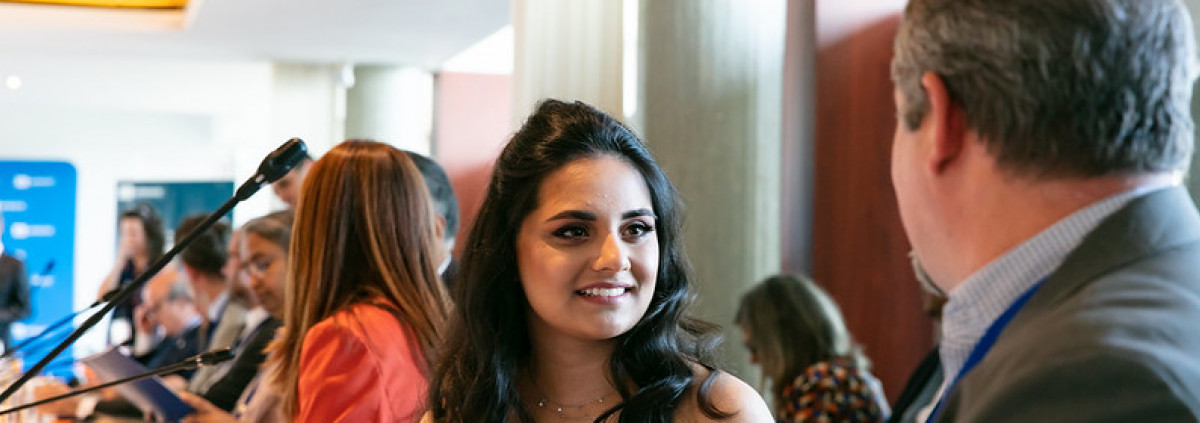
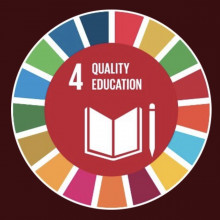

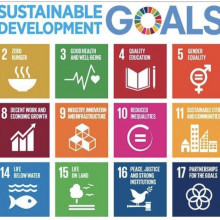
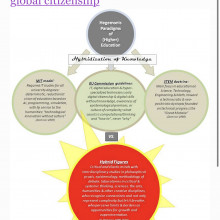
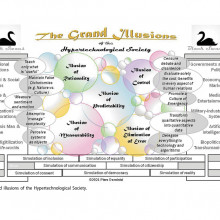
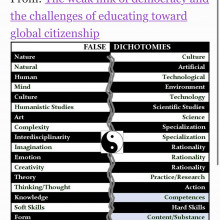

Of course, we have to give special support to children who are suffering from conflict situations since their learning opportunities are very few.
The Declaration of the Rights of the Child says very clearly «humanity owes the child the best it can offer him». We have to do our best so that they can exercise their rights.
Establishing lasting peace is the work of education; all politics can do is keep us out of war. Maria Montessori